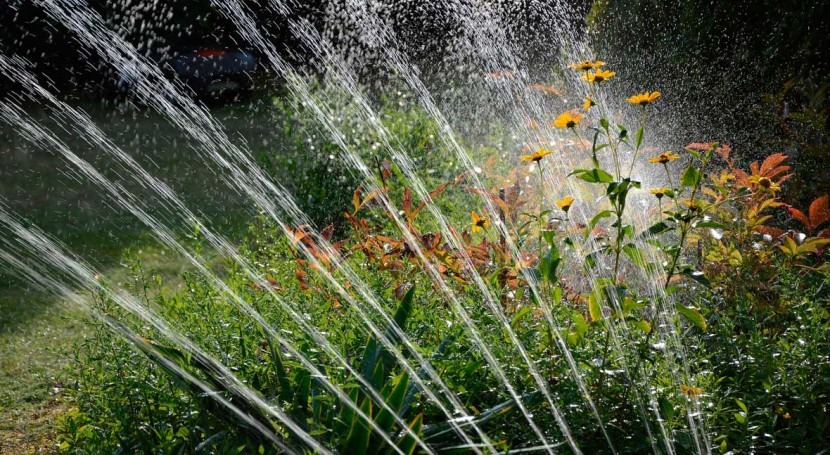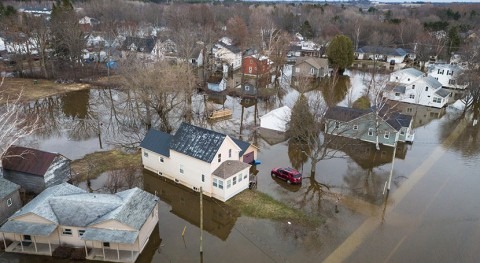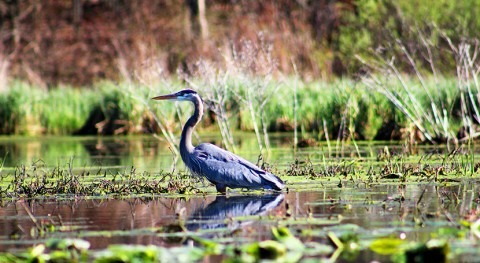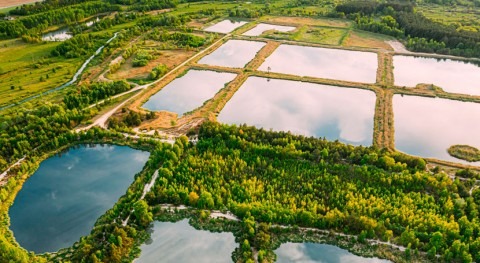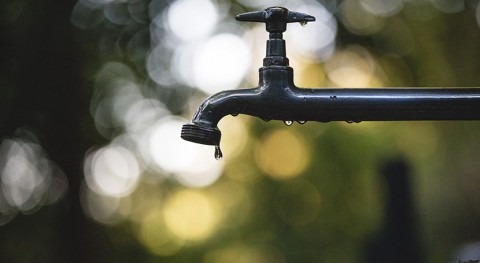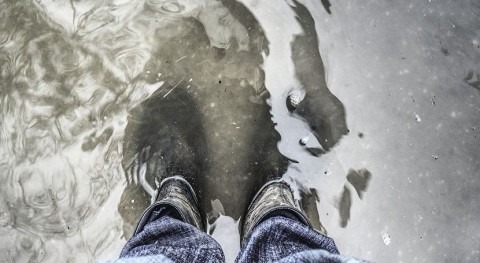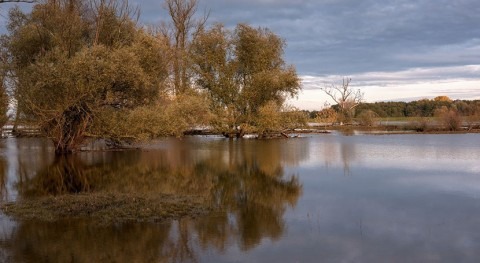Municipal bylaws that limit when residents are permitted to water lawns and gardens every summer effectively reduce consumption only during particularly hot, dry periods, according to a new study.
Researchers at the University of Waterloo analyzed more than a decade of data from 10 mid-sized Canadian cities that restrict outdoor water use and compared them with five cities that don’t impose limits.
Their analysis showed that the restrictions, which ranged in stringency from just six to 42 hours of permitted watering a week, had surprisingly little effect on average summer water use. Cities included in the study were kept anonymous.
Sara Finley, a PhD student who led the study, said summer water consumption in some of Canada’s driest cities can double or even triple winter averages.
“Cities often impose summer water use bylaws to reduce that demand surplus so that they can prolong the useful life of their infrastructure as they grow,” said Finley, who also works as a water efficiency consultant. “Based on our analysis, it seems like these restrictions are only minimally effective in that goal.”
The restrictions do limit demand spikes during periods of particularly hot, dry weather when municipal water systems are most stressed
There is nonetheless some good news for municipalities with bylaws: the restrictions do limit demand spikes during periods of particularly hot, dry weather when municipal water systems are most stressed.
By curbing those peaks, the bylaws help cities prevent possible water shortages and avoid extra costs involved in drawing on alternate supply sources.
The results suggest that while residents generally don’t reduce their outdoor water use during the summer, they do when they perceive there is an urgent need.
“The existence of a visible drought, coupled with restriction reminders issued by cities when water levels are low, is likely what makes people take action,” said Nandita Basu, a professor of civil and environmental engineering at Waterloo. “At other times in the summer, they don’t really change their behaviour.”


